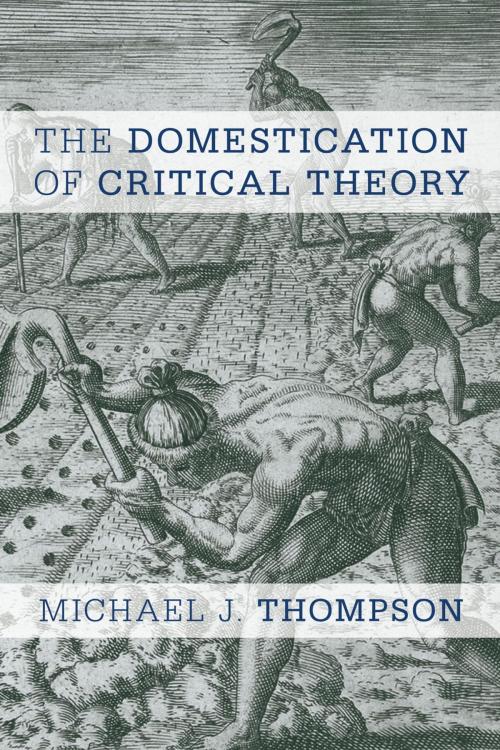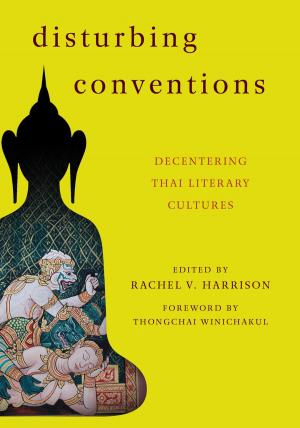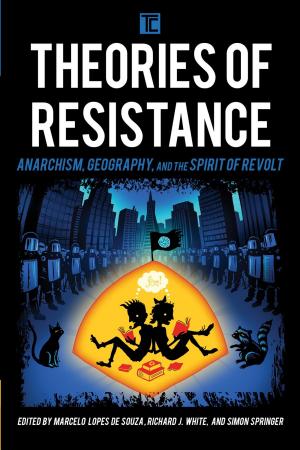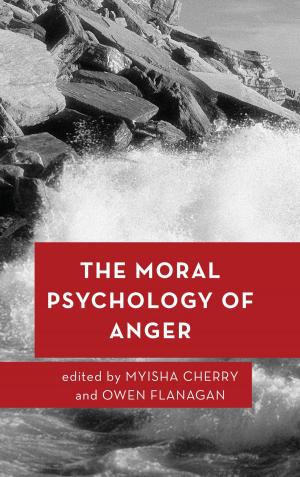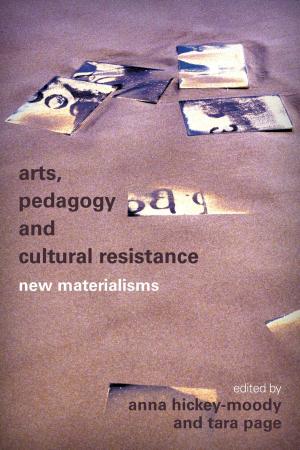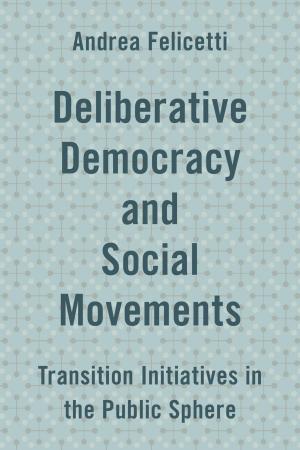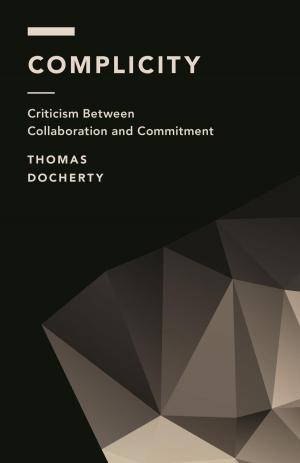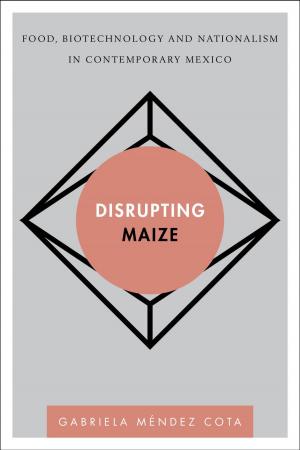| Author: | Michael J. Thompson | ISBN: | 9781783484324 |
| Publisher: | Rowman & Littlefield International | Publication: | February 26, 2016 |
| Imprint: | Rowman & Littlefield International | Language: | English |
| Author: | Michael J. Thompson |
| ISBN: | 9781783484324 |
| Publisher: | Rowman & Littlefield International |
| Publication: | February 26, 2016 |
| Imprint: | Rowman & Littlefield International |
| Language: | English |
Critical theory was one of the most vigorous and insightful intellectual traditions of the twentieth-century. At its core was a critique of culture and consciousness that stemmed from an insight into the nature of modern rationality, economic life, and social organization. Yet, Michael Thompson argues in this highly original book that the tradition has been domesticated - it no longer offers a philosophically convincing nor politically viable form of social critique.
Thompson demonstrates that the field has surrendered its concerns with domination, alienation, and the pathologies of capitalist modernity and shifted its focus toward neo-Idealist themes. This new critical theory has turned its back on the insights of the classical critical theorists. Thompson traces how this shift occurred and how we can reclaim a genuinely critical critical theory. He goes on to defend the different aspects of critical theory that can be used to reformulate a social critique, one that must be brought into dialogue with contemporary political, social and moral philosophy and theory in a way that protects the lasting and crucial legacy of critical theory as a political project.
Critical theory was one of the most vigorous and insightful intellectual traditions of the twentieth-century. At its core was a critique of culture and consciousness that stemmed from an insight into the nature of modern rationality, economic life, and social organization. Yet, Michael Thompson argues in this highly original book that the tradition has been domesticated - it no longer offers a philosophically convincing nor politically viable form of social critique.
Thompson demonstrates that the field has surrendered its concerns with domination, alienation, and the pathologies of capitalist modernity and shifted its focus toward neo-Idealist themes. This new critical theory has turned its back on the insights of the classical critical theorists. Thompson traces how this shift occurred and how we can reclaim a genuinely critical critical theory. He goes on to defend the different aspects of critical theory that can be used to reformulate a social critique, one that must be brought into dialogue with contemporary political, social and moral philosophy and theory in a way that protects the lasting and crucial legacy of critical theory as a political project.
